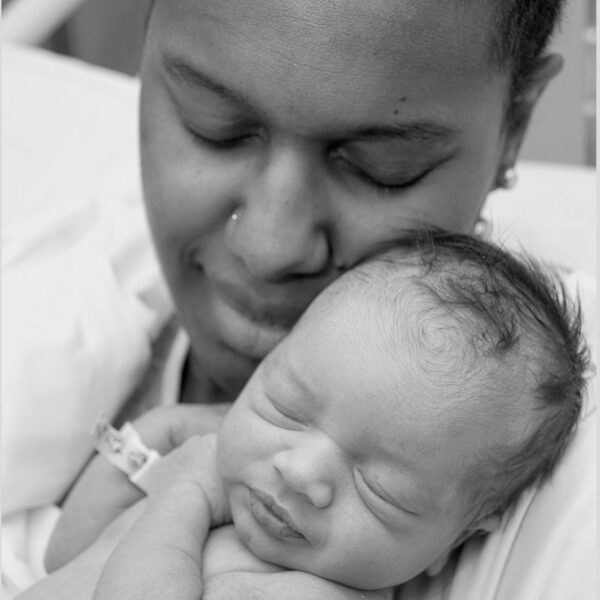Sneaky Little Thief
Nicole Burgess is a recovering perfectionist that calls perfectionism a “sneaky little thief.” Why is it so sneaky? Because these behaviors are deeply rooted, from birth, we believe they are normal. Perfectionism, however, is anything but “normal.” Often, perfectionist behaviors go unrecognized until they are pointed out to us, by others.
How can you know if you're a perfectionist? Nicole suggests looking inward and asking yourself these questions:
- Do you work a lot and have trouble unwinding?
- Are you afraid of criticism?
- Do you procrastinate when you’re asked to complete a project that someone else will see?
- Are your achievements wrapped up in your identity?
The truth about perfectionism
Perfectionism is a fear-motivated, maladaptive mindset that’s characterized by high self-expectations and toxic self-criticism. It operates in terms of black-and-white—“It’s either all A’s or I suck,” Nicole illustrates with a laugh. “I talk quite a bit about embracing the grey, or the messiness in between. It’s failing forward. It’s remembering, too, that when you ‘fail,’ failure is an event, it’s not a person.”
Gender identity plays a powerful role in perfectionism. There's a rift between girls and boys created around age nine. There's a significant socialization difference between children assigned male at birth versus female. Young women are pressured to meet specific expectations. These expectations create a dangerous burden that breeds perfectionism. Perfectionist behaviors don't always show themselves early on because they are “slow creeping.” But, as Nicole explains, these harmful behaviors are starting to manifest in our children younger and younger.
Recovering Perfectionist
Nicole identifies as a “recovering perfectionist.” She admits to still confronting her perfectionist tendencies on a daily basis. However, it’s easier to identify these days and then nip them in the bud. She confronts her perfectionism through daily mindfulness exercises to address a common issue for perfectionists: “[perfectionist’s] are very much in their head and disconnected from their body,” she explains. Mindfulness practices like meditation and light exercise remind us to stay “connected in [our] body because that’s where so much good information comes from.”
Get good with Gratitude
Gratitude-based mindfulness practices are another good place to start when addressing your perfectionism. Women in particular benefit from this, Nicole explains, because they are notorious for breezing over their wins for the day. Positive Psychology shows us that we can benefit both mentally and physically when we articulate what we’re doing right. (You can check out the gratitude journals that our host, Heather Vickery, wrote and designed here).

Suggested reading mentioned in the episode
-
- We’re Going to Need More Wine by Gabrielle Union
- Braving the Wilderness by Brene Brown
- The Gifts of Imperfection by Brene Brown
- Self-Compassion by Kristen Neff
- Born a Crime by Trevor Noah





















